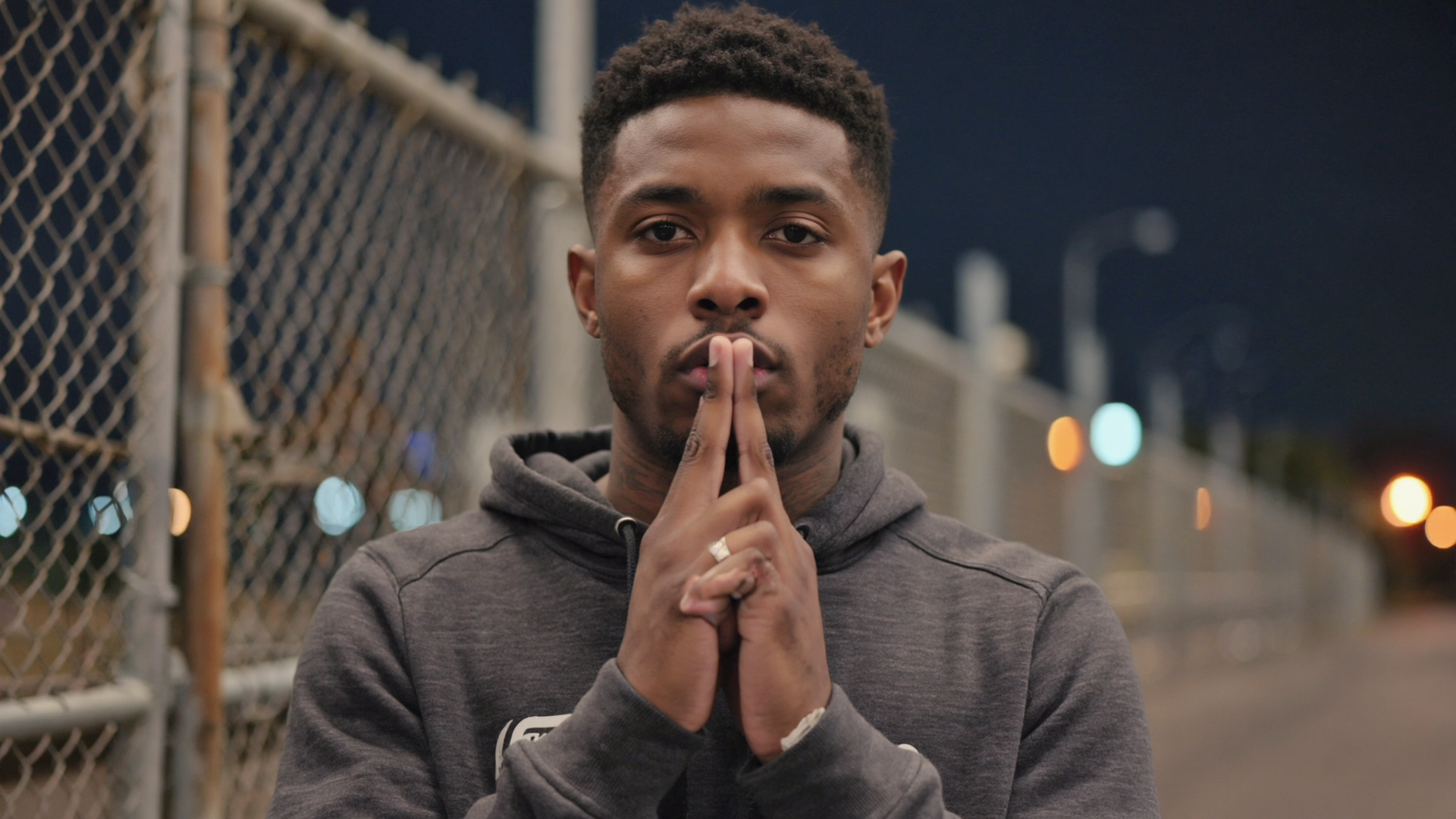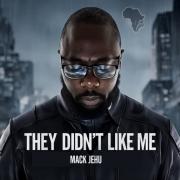No Snitching: How the Street Code Went from Shield to Shackles
By FeroMedia
Introduction: A Code That Once Protected Now Keeps Us Prisoners
“Snitches get stitches.” Four words. A street mantra. A warning that’s echoed from London council estates to Brixton backstreets, from Peckham to Moss Side, from drill tracks to WhatsApp groups. It’s more than a phrase — it’s a law, unspoken but enforced with real-world consequences.
And for decades, it’s shaped how Black communities in the UK police themselves, protect themselves, and punish those who break the code.
But somewhere along the way, that code — once born out of necessity and survival — stopped protecting us. It stopped being a shield against racist systems and started becoming a shackle around our necks. Today, “no snitching” isn’t just a slogan — it’s a sickness. One that silences witnesses, shields predators, and keeps our communities trapped in cycles of violence and fear.
This is the uncomfortable truth: the code has changed, and so must we.

From Survival to Solidarity: How “No Snitching” Was Born
To understand why “no snitching” holds such power, we have to rewind the tape — back to the 1950s and 60s, when the first waves of Caribbean migrants arrived in the UK. They faced hostility on every front: racism in the streets, discrimination in jobs and housing, and open violence from police forces that treated Black people like enemies rather than citizens.
Back then, “snitching” wasn’t just about betrayal — it was about survival. You didn’t talk to the police because they weren’t there to protect you. You handled things in-house because calling the authorities could make the situation worse.
It was a way to build trust within a community that the system refused to serve. That’s where the code was forged — not in violence, but in solidarity. “We look out for us, because no one else will.”
Pull Quote: “The no snitching code was once resistance dressed as loyalty. Today, it’s silence disguised as strength.”
2025: The Code That’s Killing Us
Fast-forward to today. The social landscape is different — or at least it should be. We have more visibility, more representation, more legal protections. Yet the “no snitching” code is stronger than ever, mutating into something far more toxic.
Now, the silence doesn’t protect the innocent. It protects the guilty.
-
A teenager gets stabbed on the high street — and the CCTV shows 20 faces watching, none of whom will speak.
-
A young girl is groomed by a local gang — and her neighbours “don’t want to get involved.”
-
A grandmother’s house is shot up in a postcode war — and everyone knows who did it, but no one talks.
Why? Because nobody wants the label. “Snitch.” “Fed.” “Op.” Once that word sticks, your credibility, safety, and even your life can be on the line.
The Street Speaks: What “Snitch” Really Means Out Here
“If you’re in the life, you don’t talk. Simple.”
“I ain’t helping no police, they ain’t never helped me.”
“Snitches get dealt with — end of story.”
This logic runs on two main ideas:
-
The ‘street life contract’: If you’re part of the streets — moving food, carrying weight, living by the code — you accept the risk. That means jail, death, betrayal. And it means you never talk, even if it saves you.
-
The ‘police are the enemy’ narrative: Even people not involved in crime distrust the police. The history of over-policing, racial profiling, and brutality hasn’t vanished.
Both hold truth. But here’s the issue: the code no longer distinguishes between those in the game and those outside it. Everyone’s bound by silence now — and that’s where the damage multiplies.

Redefining “Snitch”: Time for a Reality Check
The old definition (street logic):
A snitch is anyone who talks to police or authorities about a crime, regardless of their involvement.
The new definition (real logic):
A snitch is someone who participates in criminal activity and then betrays their partners to save themselves.
See the difference?
-
A civilian reporting a crime isn’t a snitch — they’re a responsible member of society.
-
A mother calling police because her son’s been stabbed isn’t a snitch — she’s seeking justice.
-
A witness identifying a shooter isn’t a snitch — they’re trying to stop the cycle.
Pull Quote: “We need to stop calling truth-tellers ‘snitches’ and start calling them what they are: protectors.”
How “No Snitching” Fuels the Violence Economy
Silence is profitable. For gangs, traffickers, predators, and abusers, the “no snitch” mentality is the best free service they could ever ask for.
It means they operate with near-impunity. It means witnesses disappear. It means victims stay quiet. It means evidence never sees daylight.
Police estimate that over 60% of shootings go unsolved — not because they lack leads, but because witnesses refuse to speak. In some cases, officers know who the perpetrator is, but without testimony, the case collapses.
Drill Culture, Social Media, and the Glorification of Silence
Music, films, and social media don’t just reflect the “no snitch” mentality — they amplify it. Drill tracks brag about “never folding.” TikTok clips mock “rats.” Influencers spread misinformation that discourages cooperation.
It’s not just a street code anymore — it’s a cultural one. And when silence is glorified as loyalty, and truth is demonised as weakness, we raise generations that choose reputation over responsibility.
Breaking the Code: A New Ethic for a New Era
We can’t afford to stay silent anymore. Breaking the code doesn’t mean abandoning loyalty — it means redefining it.
Real loyalty isn’t letting a murderer roam free. Real loyalty isn’t protecting someone who’d stab your brother tomorrow. Real loyalty is building communities where we protect each other, not just ourselves.
-
Community-first loyalty: Protect the vulnerable before you protect the violent.
-
Clear boundaries: If you’re not in the life, you don’t follow its rules.
-
New language: Stop calling civilians “snitches.”
-
Collective courage: Support those who speak up instead of shaming them.
Pull Quote: “Silence isn’t strength — it’s surrender. And we’ve been surrendering for far too long.”
Conclusion: Silence Isn’t Strength — It’s Surrender
“No snitching” was born as a shield. It kept us safe when the system wouldn’t. But in 2025, it’s no longer a shield — it’s a shackle. It binds us to cycles of fear, violence, and silence. It protects predators, not people.
If we truly love our communities — if we truly want safety, justice, and freedom — then we must speak.
We must redefine the word.
We must rewrite the code.
Because silence isn’t strength.
It’s surrender.
And we’ve been surrendering for far too long.
The long-held “no snitching” mindset in parts of the Black community is rooted in a historical distrust of the police and justice system—much of it justified. But times have changed, and so must our thinking. Blind loyalty to skin colour should never outweigh justice, especially when the harm is coming from within the community itself. Expecting silence in the face of violence or abuse only protects wrongdoers and weakens us further. True unity isn’t about covering up crime—it’s about protecting one another, demanding accountability, and building a stronger future based on truth, not fear.
Read more


























